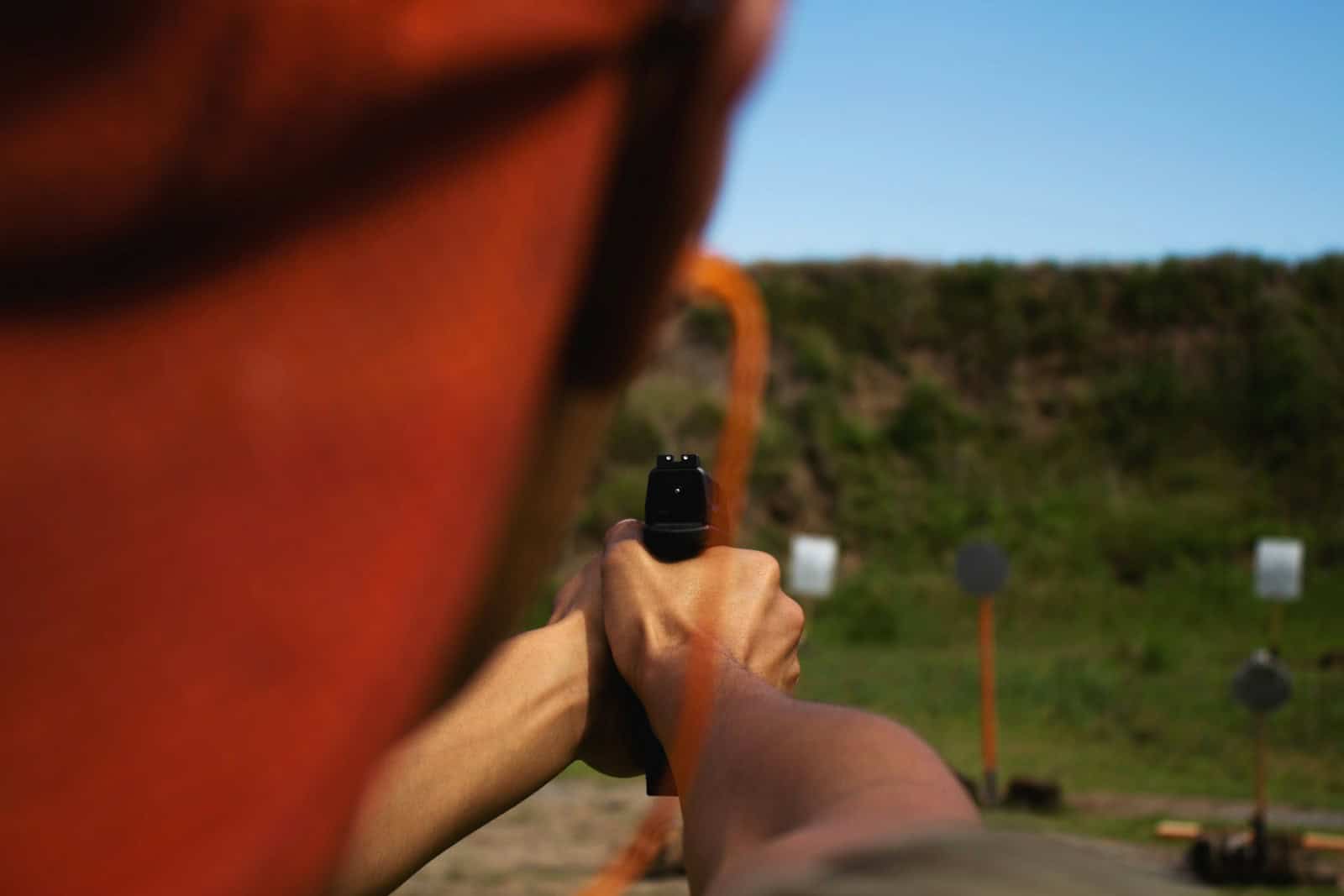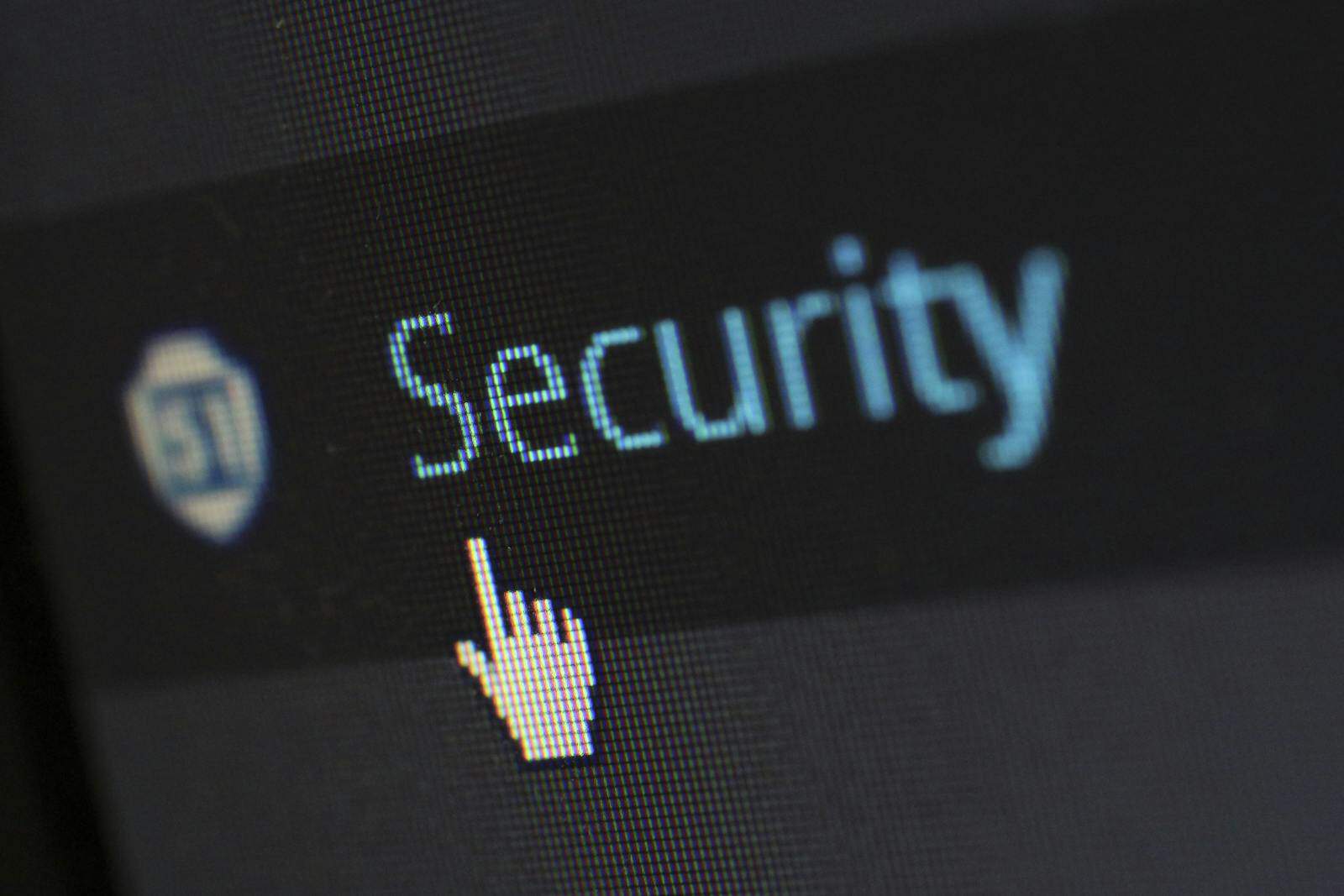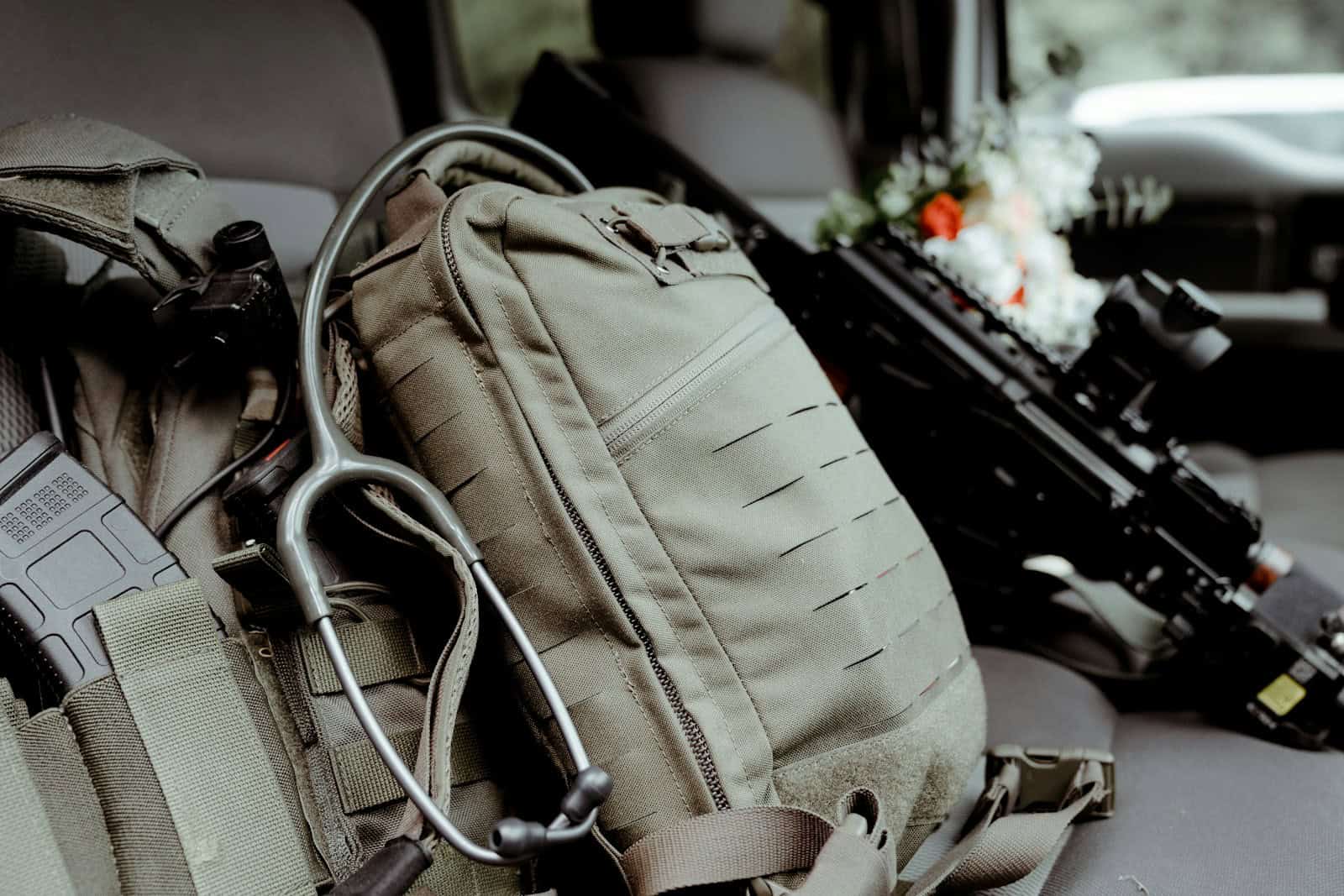When we think of self-defense, the first images that come to mind are those of physical confrontations — martial arts movements, striking techniques, and even the adrenaline rush of a fight-or-flight response. However, true self-defense extends far beyond physical prowess. It encompasses a profound mental attitude rooted in awareness, confidence, and resilience.
The Mindset of Self-Defense
- Awareness and Prevention
The foundational element of self-defense is situational awareness. Understanding your environment and being alert to potential threats allows you to avoid dangerous situations altogether. This mindset involves practicing being present in the moment and recognizing warning signs. Alertness, vigilance and observation can significantly enhance your ability to assess your surroundings and take preventive action. - Confidence
Confidence plays a crucial role in self-defense. A person who exudes confidence is less likely to become a target. Confidence is about carrying oneself with assurance and decisiveness. Building this confidence can come from training, personal development, and positive self-talk. Whether through public speaking, social interactions, or self-defense classes, there are countless ways to bolster self-esteem and project a sense of security. - Emotional Regulation
In high-stress situations, managing one’s emotions is vital. Panic can cloud judgment, leading to poor decision-making. Developing emotional regulation skills—such as breathing techniques, stress management, and cognitive reframing—enables individuals to remain calm in the face of adversity. Practicing these skills can help you respond thoughtfully rather than reactively when confronted with a challenging situation. - Mental Preparedness
Preparing for the psychological aspects of confrontation is essential. This includes imagining potential scenarios and rehearsing appropriate responses mentally. Many martial artists and self-defense experts incorporate visualization techniques into their training. By envisioning different outcomes, individuals can prepare themselves mentally to act decisively if they ever find themselves in a threatening situation. - Resilience and Adaptability
Self-defense is not solely about fighting back; it’s also about knowing when to walk away and how to adapt to changing circumstances. This adaptability is rooted in resilience—the ability to bounce back from setbacks and learn from experiences. Maintaining a growth mindset allows individuals to view challenges as opportunities for learning and improvement, rather than insurmountable obstacles.
Conclusion
Self-defense is a multifaceted concept that transcends the physical realm. It is deeply intertwined with mental attitude, emphasizing awareness, confidence, emotional regulation, mental preparedness, and resilience. By cultivating these qualities, individuals can enhance their ability to navigate potential threats and respond effectively—whether through de-escalation, avoidance, or, when necessary, physical defense.
Ultimately, self-defense is about empowerment: empowering oneself with knowledge, skills, and a strong mental foundation that collectively contributes to safety and security in everyday life. Embrace the journey of building your self-defense toolkit, and remember that a strong mind is one of your most potent weapons.





